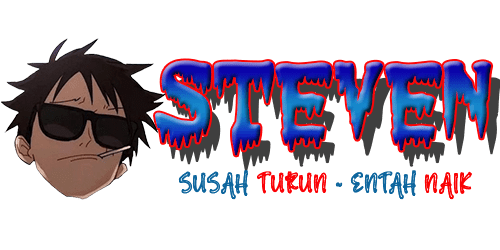BandarQQ - Login BandarQQ Online Situs Daftar 16 QQ Online Resmi
IDR 15,000.00
BandarQQ merupakan salah satu situs judi online yang menyediakan permainan kartu seperti poker, dominoqq, bandarq, dan masih banyak lagi. Situs ini telah memiliki lisensi resmi sehingga dapat dijamin keamanannya. Untuk bisa bermain di BandarQQ, kamu perlu melakukan login terlebih dahulu dengan menggunakan akun yang sudah kamu daftarkan. Proses daftar di situs ini juga sangat mudah dan cepat. Ayo segera login dan mainkan permainan kesukaanmu di BandarQQ!
Quantity:

